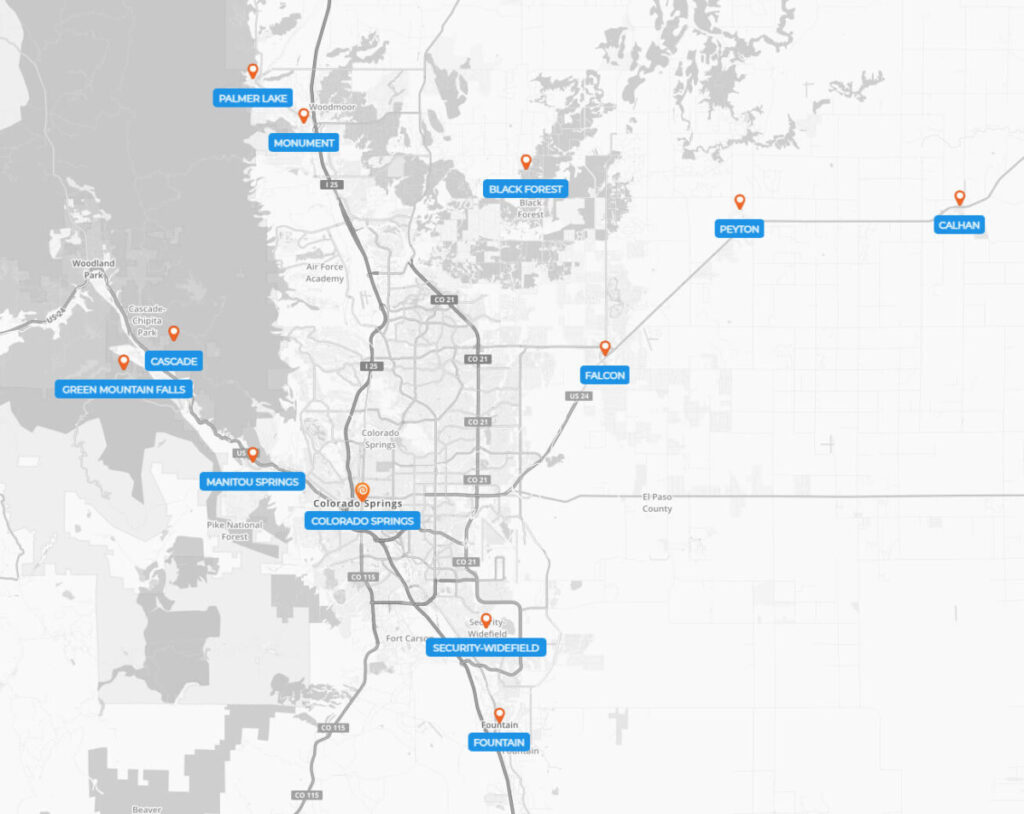What Kind of Support Is Available with Managed IT Services?
In today’s technology-driven world, businesses of all sizes are increasingly relying on IT services to stay competitive and efficient. Managed IT services offer a comprehensive approach to managing a company’s IT infrastructure and operations, providing a range of support that can be tailored to meet specific business needs. This article will explore the various types of support available through managed IT services, including proactive monitoring, cybersecurity, data backup and recovery, technical support, and strategic planning.
Proactive Monitoring and Maintenance
Proactive monitoring is a cornerstone of managed IT services, aimed at preventing issues before they escalate into significant problems. This approach involves continuously overseeing your IT systems and networks to ensure they operate smoothly and efficiently.
Key Aspects of Proactive Monitoring:
- System Health Monitoring: Managed IT services include real-time monitoring of your servers, network devices, and workstations to track performance metrics, detect anomalies, and ensure optimal functionality. This helps in identifying potential issues such as hardware failures or performance bottlenecks early.
- Regular Maintenance: Scheduled maintenance tasks, including software updates, patches, and system optimizations, are performed to keep your IT environment secure and up-to-date. This proactive approach reduces the risk of downtime and improves overall system reliability.
- Alerts and Notifications: Managed IT providers set up alerts for critical system events, such as security breaches or hardware malfunctions. These notifications allow for rapid response and remediation, minimizing the impact on your business operations.
Cybersecurity Support
Cybersecurity is a crucial aspect of managed IT services, designed to protect your organization’s sensitive data and IT infrastructure from cyber threats. With the increasing frequency and sophistication of cyberattacks, robust security measures are essential.
Key Components of Cybersecurity Support:
- Firewall Management: Managed IT services include the configuration and management of firewalls to protect your network from unauthorized access and cyber threats. This involves setting up rules and monitoring traffic to detect and block malicious activity.
- Antivirus and Anti-Malware Protection: Continuous deployment of antivirus and anti-malware software ensures that your systems are protected against known threats. Regular scans and updates help detect and eliminate potential security risks.
- Intrusion Detection and Prevention: Managed IT providers implement intrusion detection and prevention systems (IDPS) to monitor network traffic for signs of malicious activity and respond to potential threats in real-time.
- Security Audits and Compliance: Regular security audits assess your organization’s security posture and ensure compliance with industry regulations and standards. Managed IT services help identify vulnerabilities and recommend improvements to enhance your security framework.
Data Backup and Recovery
Data backup and recovery services are essential for ensuring that your business can recover quickly in the event of data loss or disaster. Managed IT services offer comprehensive solutions to safeguard your critical data and ensure business continuity.
Key Aspects of Data Backup and Recovery:
- Automated Backups: Regular and automated backups of your data, including files, databases, and system configurations, ensure that you have up-to-date copies in case of data loss. Managed IT providers typically use cloud-based or off-site storage solutions to protect your backups.
- Disaster Recovery Planning: Managed IT services include the development and implementation of disaster recovery plans to outline the steps required to restore operations after a catastrophic event. This planning involves creating recovery strategies, testing procedures, and ensuring that all necessary resources are available.
- Data Restoration: In the event of data loss or corruption, managed IT services offer data restoration capabilities to recover your information from backups. This process is crucial for minimizing downtime and ensuring that your business can resume normal operations quickly.
Technical Support and Help Desk
Technical support and help desk services are fundamental components of managed IT services, providing users with assistance for day-to-day IT issues and technical problems.
Key Components of Technical Support:
- 24/7 Help Desk: Many managed IT service providers offer 24/7 help desk support to address IT issues and provide assistance outside of regular business hours. This ensures that your employees have access to technical support whenever they need it.
- Issue Resolution: Help desk technicians assist with troubleshooting and resolving a wide range of IT issues, including software problems, hardware malfunctions, and connectivity issues. They provide remote support and on-site assistance as needed.
- User Training and Support: Managed IT services often include training for employees on how to use software applications, access IT resources, and follow best practices for security and productivity. This support helps improve user efficiency and reduces the number of IT-related issues.
Strategic IT Planning and Consulting
Strategic IT planning and consulting services are designed to help businesses align their IT strategy with their overall goals and objectives. Managed IT providers offer expert guidance to optimize your IT infrastructure and support your business growth.
Key Aspects of Strategic IT Planning:
- IT Roadmap Development: Managed IT services include the creation of an IT roadmap that outlines your technology needs and goals over the short and long term. This roadmap helps guide investment decisions and ensures that your IT infrastructure supports your business strategy.
- Technology Assessment: Managed IT providers conduct assessments of your current IT environment to identify areas for improvement, such as outdated hardware, underutilized resources, or inefficient processes. They provide recommendations for upgrades and optimizations.
- Vendor Management: Managed IT services often involve managing relationships with third-party technology vendors and service providers. This includes negotiating contracts, coordinating service delivery, and ensuring that vendors meet performance and support standards.
- Scalability Planning: As your business grows, your IT needs may evolve. Managed IT services help plan for scalability, ensuring that your IT infrastructure can accommodate increased demand and support future growth.
Conclusion
Managed IT services offer a comprehensive range of support designed to enhance the efficiency, security, and reliability of your organization’s IT infrastructure. From proactive monitoring and cybersecurity to data backup and recovery, technical support, and strategic planning, these services provide valuable resources to help your business thrive in a technology-driven world. By partnering with a managed IT provider, you can leverage their expertise and resources to address your IT challenges, improve operational efficiency, and achieve your business objectives. Whether you are seeking to enhance your cybersecurity, ensure business continuity, or optimize your IT strategy, managed IT services offer the support and solutions you need to succeed.





